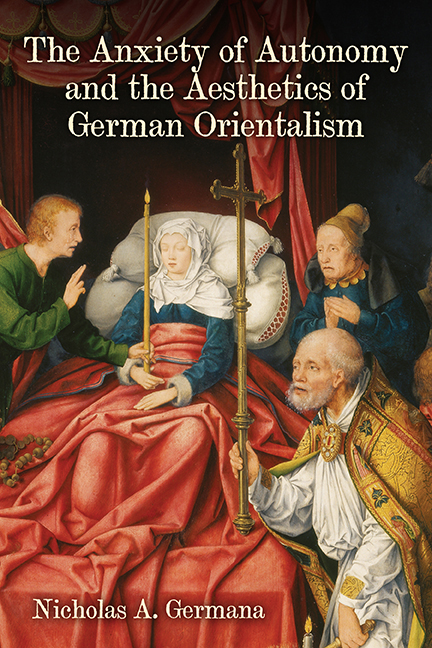2 - Moral Feeling
Published online by Cambridge University Press: 25 August 2018
Summary
THE COPERNICAN REVOLUTION of the Critique of Pure Reason rendered two different standpoints from which to look at the world and the human subject within it. In its sensible character, the world is determined, subject to the limitations of time and space and the categories of human understanding, most notably causality. As it exists “in-itself,” however, the world has an existence that defies these limitations. In all of creation (as far as we know), human beings alone have a kind of existence that Kant calls “intelligible”: “In its intelligible character (even though we have nothing more than merely the general concept of it), this subject would nevertheless have to be declared free of all influences of sensibility and determination by appearances.” Herein lies the great promise and almost incomprehensible challenge of autonomy—complete freedom and independence in the face of the “influences of sensibility.” In Groundwork of the Metaphysics of Morals Kant hits the nail on the head when he wonders at the “paradox that the mere dignity of humanity as rational nature, without any other end or advantage to be attained by it—hence respect for a mere idea—is yet to serve as an inflexible precept of the will and that it is just in this independence of maxims from all such incentives that their sublimity consists, and the worthiness of every rational subject to be a lawgiving member in the kingdom of ends.”
This wonderment at the “sublimity” of human freedom goes to the heart of the anxiety of autonomy. Its achievement constitutes the true worth and dignity of the human being, precisely because it would seem nearly impossible. The immensity of this accomplishment is summarized most powerfully at the end of the Critique of Practical Reason: “Two things fill the mind with ever new and increasing admiration and reverence, the more often and more steadily one reflects on them: the starry heavens above me and the moral law within me.” But here we also see the problem with which Kant struggles in his moral philosophy, a problem that is ultimately inseparable from aesthetic concerns. In order for the moral law, the command of reason, to weigh so heavily against the force of our subjective inclinations, it must also affect us, it must produce some kind of “moral feeling.”
- Type
- Chapter
- Information
- Publisher: Boydell & BrewerPrint publication year: 2017

